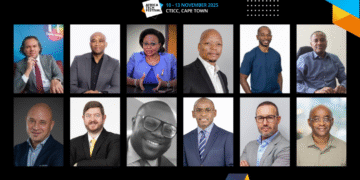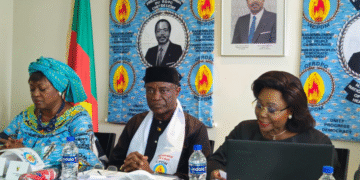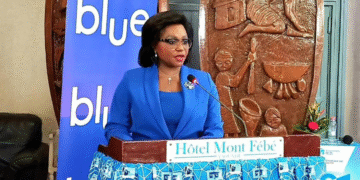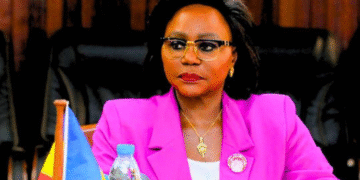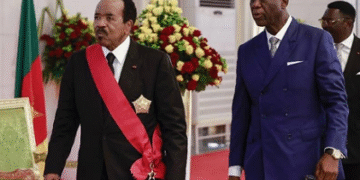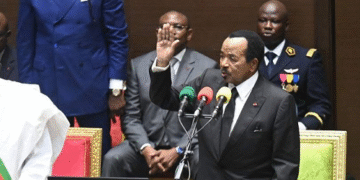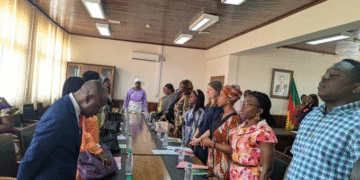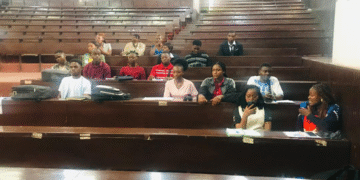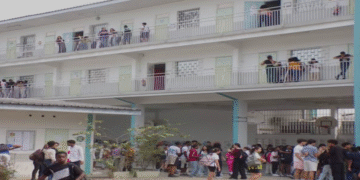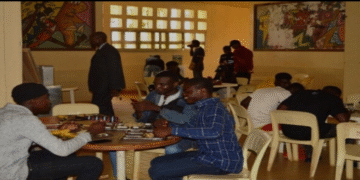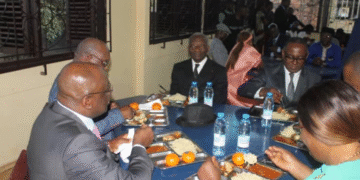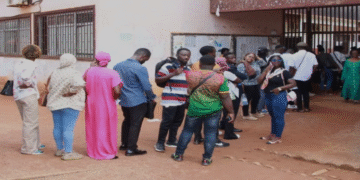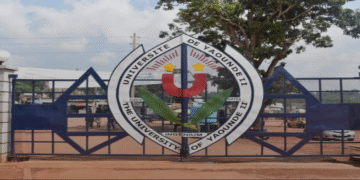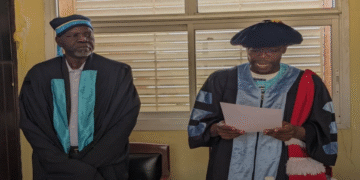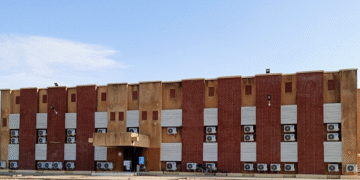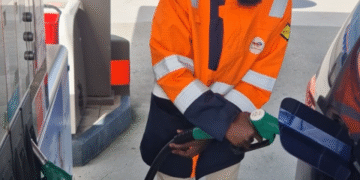Cameroon’s football community is in uproar as FECAFOOT’s recent directive requiring clubs to secure their own home venues exposes deep frustrations over skyrocketing stadium rental costs and limited access to government-funded facilities.
A recent directive from the Cameroon football federation, FECAFOOT, requesting clubs to independently select their home venues, has sparked widespread criticism from club presidents and other football stakeholders in the country. The policy which is intended to decentralize operations and address logistical challenges, is believed to be inadvertently highlighting longstanding issues affecting the nation’s football infrastructure and its management.
The crux of the debate per those in the sector, lies in the high rental costs set by the National Office for Sports Infrastructure and Equipment ONIES, which manages sports facilities across the country. Many clubs have in recent years, found the fees placed on the facilities as rental costs to be prohibitive thereby rendering the infrastructures, most of them state-of-the-art facilities, inaccessible.
The president of second division championship team, Racing football club of Bafoussam, Ahmadou Tala in a recent outing cried foul over the current state of affairs. He said the behavior from the sports facilities management institution is detrimental to the sport in the country. “The president of the Republic built these stadiums to develop football, but now we are forced to play in remote and unsuitable venues. This is detrimental to the sport,” Tala lamented.
Tala’s frustrations are not isolated. His team, Racing, was among many unable to afford an ONIES-managed venue. Multiple CAF Champions League winners, Canon of Yaounde faced a similar fate. The facility has managing to rent Ngoa Ekelle Stadium in Yaounde just once since the start of the season, due to exorbitant fees. The logistic challenges have forced teams to seek substandard venues, a move which many observers say undermines the quality and appeal of domestic competitions. The president of Fauve Azur and Secretary-General of the Association of Elite Clubs, Norbert Nya, warned that the directive could jeopardize the integrity of the league.
“The championship regulations must take precedence. Without proper venues, the quality of our league will inevitably suffer,” he emphasized.
An old-aged headache
The ongoing headache is far from being new. In recent years, accessibility to stadiums has been one of the biggest challenges in Cameroonian football in recent years. During the 2024 Cameroon Cup preliminaries, teams struggled to secure suitable venues, with the problem culminating in a high-profile match between Coton Sport and Canon of Yaounde. The game, held at the undersized Annex One of the Ahmadou Ahidjo Stadium drew an overwhelming crowd that the facility could not accommodate, creating safety concerns and logistical chaos.
Ahmadou Tala and other critics argue that ONIES has complicated matters since its involvement in managing stadiums. « Before ONIES, securing a venue was simpler. Now, it’s an uphill battle,” he said. As FECAFOOT grapples with its financial constraints and ONIES maintains its stringent pricing, clubs are left in limbo. Stakeholders have called for urgent reforms, including subsidized fees, improved collaboration and equitable access to government-built facilities.
Without these measures, many fear that the directive will further erode the foundations of Cameroon’s football ecosystem. For now, the directive remains a polarizing topic, with its impact on the sport’s growth and sustainability hanging in the balance. The question remains: can FECAFOOT and ONIES find common ground to ensure football’s future in Cameroon?


